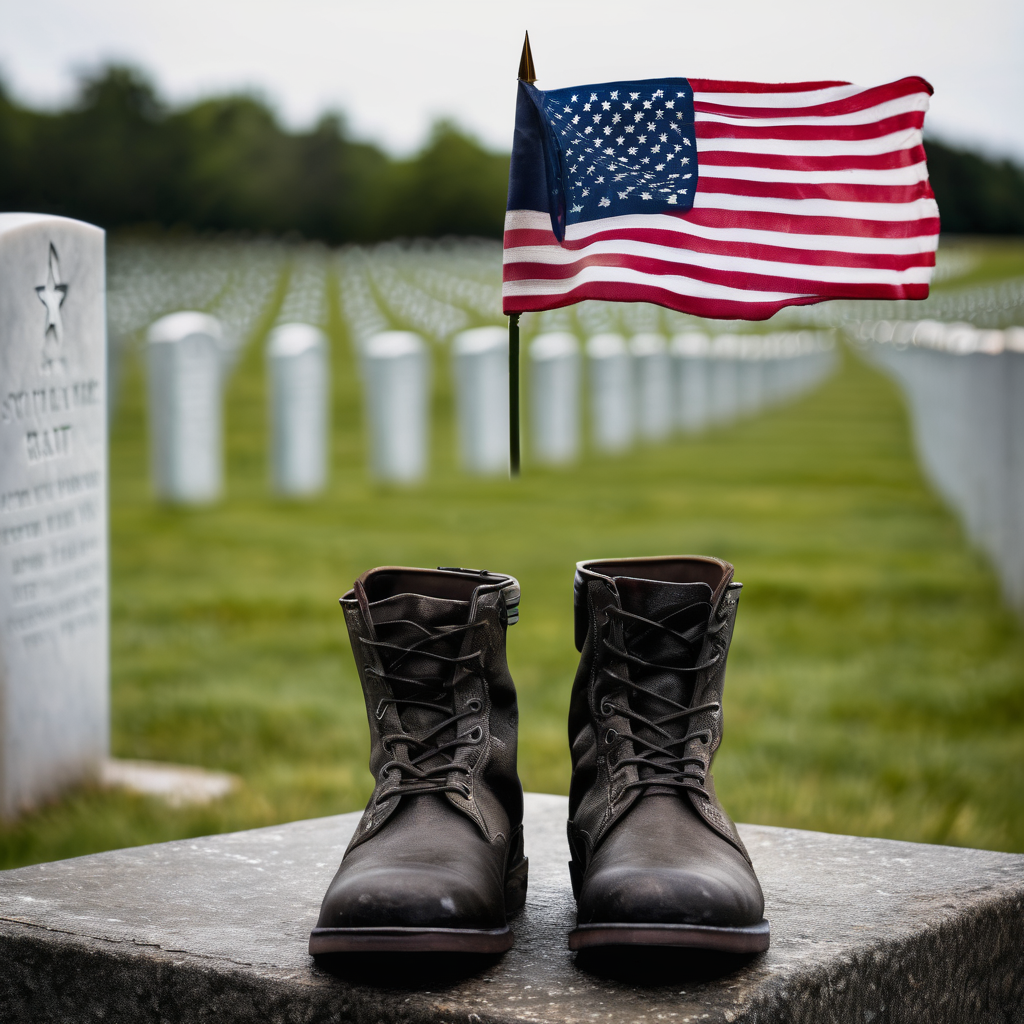Veterans Day and Memorial Day are two significant holidays in the United States, each serving a distinct purpose in honoring those who have served in the military. Veterans Day is observed on November 11 and was initially established to commemorate the ending of World War I on that date in 1918. Known originally as Armistice Day, the holiday transformed into Veterans Day in 1954, after World War II and the Korean War, to recognize and honor all veterans who have served in the U.S. Armed Forces.
The historical significance of West Virginia’s contributions during World War I is notable, with the state mustering 58,000 soldiers, resulting in substantial casualties. On Veterans Day, citizens are called to acknowledge and celebrate the service of veterans both past and present. President Dwight D. Eisenhower’s proclamation emphasizes the need to remember the sacrifices of those who fought for freedom and to actively work towards enduring peace.
In contrast, Memorial Day is celebrated on the last Monday in May and serves to honor military personnel who died in service to the nation. It was originally referred to as “Decoration Day” and began after the Civil War, with an official declaration as a federal holiday occurring in 1971. Memorial Day is a time for remembrance, reflecting on the ultimate sacrifice made by many service members.
As Veterans Day approaches, Americans are encouraged to take a moment to express gratitude for the freedoms they enjoy, thanks to the dedication and sacrifices of service members, while Memorial Day remains a day of reflection on those who made the ultimate sacrifice for their country. These holidays together highlight the importance of honor, memory, and appreciation for those who have served in the military.
